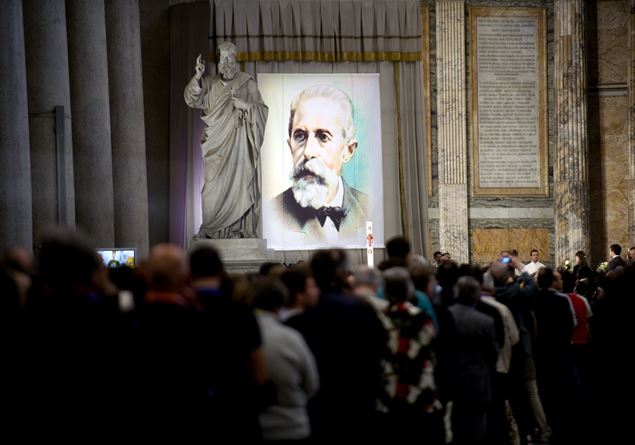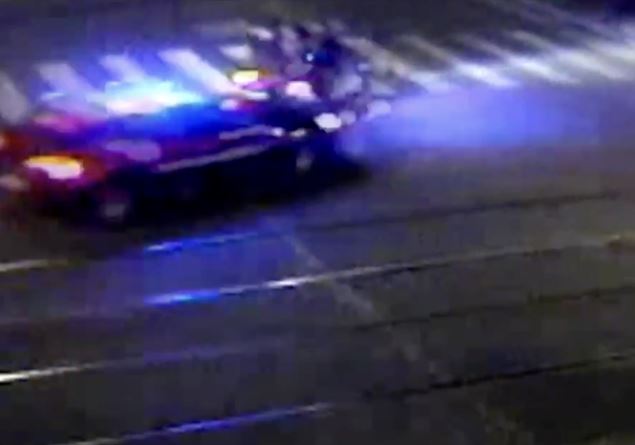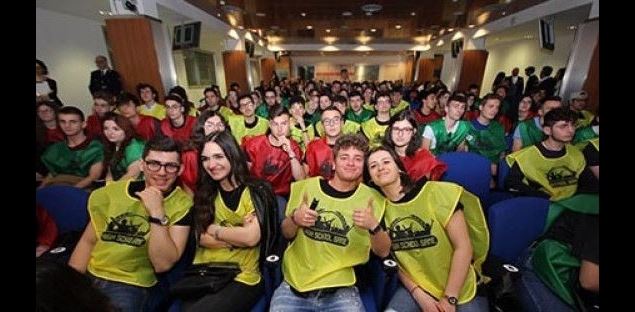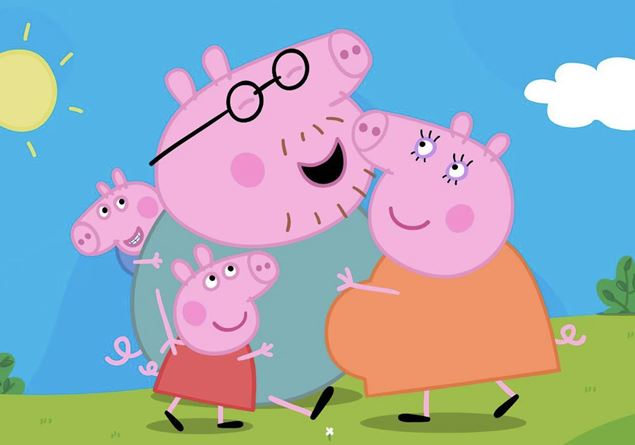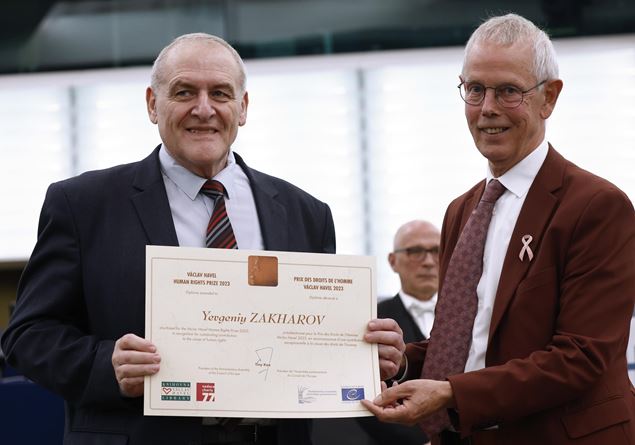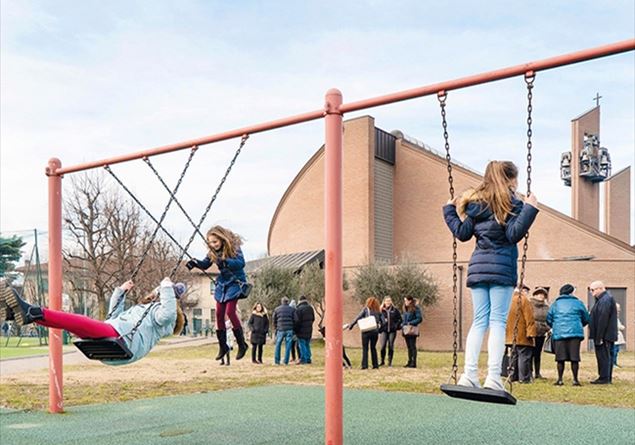The edition of TG3 on Tuesday 7 January presented several new videos containing details on the chase – which lasted almost 30 minutes – and which could change the picture regarding the accident of the moped on which the 19-year-old of Egyptian origin Ramy Elgaml was riding , who died at the end of November in Milan at the end of the dangerous tailgating by three police cars after failing to stop at a checkpoint. Judging from the images, the police appear to ram – with numerous attempts – the scooter on which Elgaml and the 22-year-old friend who drives him, Fares Bouzidi, are on board. The officers are often heard cursing repeatedly precisely because the two do not fall to the ground or even cheering because Ramy loses his helmet. Finally, it seems that one of the three police cars hits the motorbike before ending up against a pole on the pavement.
On Tg3 the video taken by the carabinieri car of the chase of Ramy who died in Milan while fleeing on 24 November. The images of the impact. The shocking phrases of the military pic.twitter.com/y7de8EOTlV
— Tg3 (@Tg3web) January 7, 2025
The carabinieri have always maintained that the motorbike ended up on the ground independently, the judiciary will establish to what extent these images can change the reconstruction of the story. To support the thesis of the intentional investment by the military there was both the testimony of Bouzidi, the young man who was driving the scooter, and an eyewitness. Bouzidi had spoken of “an impact between the police car and the motorbike” before he fell. In the following days, this had led to both violent demonstrations and peaceful marches demanding justice and truth for Ramy in the neighborhood where Elgaml came from, Corvetto, south-east of the Lombardy capital. The TG3 videos are partly shot by the camera mounted on one of the three carabinieri cars and by some fixed video cameras of the municipality of Milan.
Some communications exchanged between the officers after the first collision between the scooter and the car are along these lines: “Fuck**, he didn’t fall!”. In another clip he is heard shouting “Shut it shut it shut it”. The motorbike doesn’t fall, and a policeman is heard cursing again: “No, shit, he didn’t fall!”.
After the impact, the still videos from the Palazzo Marino cameras seem to show what the witness claimed that he witnessed the crash and that he was forced by the men of the force – he had admitted – to delete the video in which he filmed everything. Indeed of the three officers under investigation, two are accused of “falsifying a public document, because they allegedly omitted the impact between the police car and the moped from the arrest report”. But they are also accused of misdirection.
Yehia Elgaml, Ramy’s father, has repeatedly dissociated himself from the violent gestures, asking for the truth about his son’s death: «No revenge. We respect the law of our country, Italy. We have faith in the Italian judiciary, we just want to know what happened. We dissociate ourselves from all violent people, and we thank everyone for their closeness». Nevertheless during the demonstrations at the end of November and beginning of December there were many signs accusing the police of racial profiling for chasing the two throughout the city because – they said – of the color of their skin. Is it really like that? The issue is controversial, yet to be demonstrated in the case in question, but it is a fact that it has been evoked in protest demonstrations. Both are – so-called – second generation children, i.e. born in Italy to foreign parents, who represent approximately 20% of the population of Milan. «These are above all families, residents, regulars. Of these, many are very young and, due to the absence of a law on citizenship that accords with these demographic and social transformations, makes these people born in Italy foreign”, says Riccardo Tromba, of the Naga association, which deals with legal and healthcare assistance for foreigners in Milan and which sees the construction of a border and a margin in the lack of legal recognition of these people. «Seeing that video and hearing those expressions hurt me, personally. The death of Ramy Elgaml shows the spread of a practice that is denounced by those we assist on a daily basis and which tells us that the treatment that the police reserve for foreigners can often be based on intimidation. Furthermore, several international bodies, such as Ecri, the Council of Europe’s anti-racism agency, have drawn up reports that explain how the Italian police forces implement what is defined as racial profiling. In Italy, that is, a non-white person risks being subjected to checks and even arbitrary arrests more often than a white person”, adds Tromba.
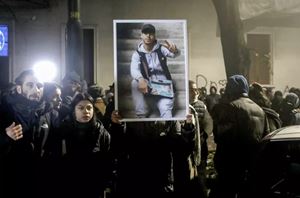
Beyond the case in question, the European Commission against racism and intolerance defines the racial profiling as «the use by law enforcement agencies, when carrying out control, surveillance or investigation operations, of reasons such as race, skin colour, language, religion, nationality or national origin or ethnic, without any objective and reasonable justification». In September 2024, a group of independent United Nations experts issued a warning on the issue of racial profiling in Italy, underlining that “repressive drug policies disproportionately affect minorities and other vulnerable groups”. Furthermore, last year the UN denounced the disproportionate number of Italian people of African descent incarcerated in Italy. Finally, last October the European Commission against racism and intolerance published a report on Italy in which the expression “racial profiling” was used 17 times and underlined that the authorities ignore the problem.
So what to do? «I urgently believe we need to demilitarize the entire immigration management process. In Switzerland, for example, immigration management is carried out from an administrative point of view and is entrusted to local authorities and not to the police. By doing this, we would have already taken a huge step forward in avoiding tensions. At the beginning of 2023 we from Naga were among those who were in via Cagni in front of the police headquarters. The officers were shouting orders in Italian, and people didn’t understand them, it was clear that they didn’t understand what they were saying. And the only response that was given was to scream louder.”

Finally, as the case of Ramy also demonstrates, «the idea of controlling the territory by militarizing it is not only not feasible, but is also counterproductive. I believe we need a greater presence of public things, but understood as libraries, public offices located in the suburbs, parks and public packages, basketball courts or ping-pong tables. This works and the results obtained where this has been done demonstrate it. As in some areas of Milan, including Corvetto.”


